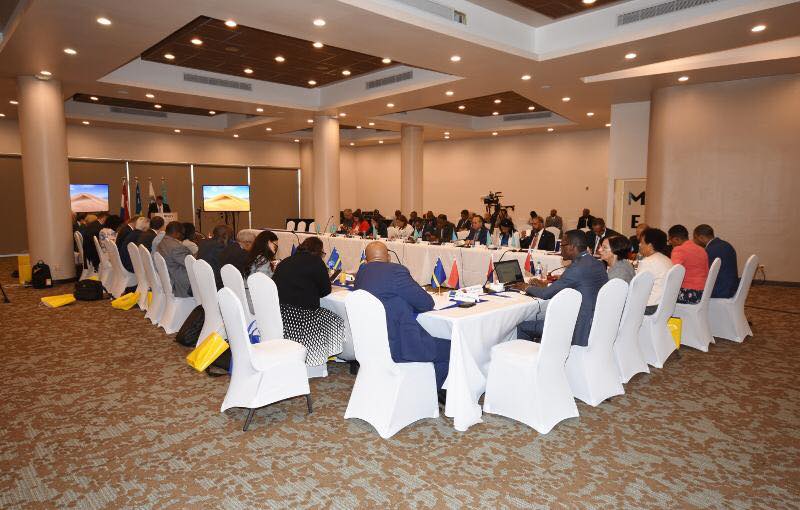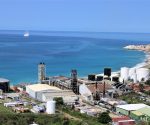Return on investment

By Hilbert Haar
The press conference at the end of the Inter-Parliamentary Kingdom Consultation (Ipko) produced one interesting question from a journalist in Curacao. What is the importance of the Ipko?
I have asked myself that same question many times during the years I worked for the Today newspaper. It is a question that also applies to Parlatino.
What I heard about the importance of Ipko at Friday’s press conference is: the Ipko is the only platform where delegates of all four parliaments in the kingdom meet.
Okay, I get that, but the question remains: what is the return on investment? All these people that have to travel to location X (this time: St. Maarten, in the summer: the Netherlands), all these people who have to make travel and accommodation expenses, all the efforts the hosting country has to put into organizing the event – it all cost money. That is okay too, as long as that money is well spent.
This is of course the crucial question. Is Ipko worth these expenditures in terms of money and manpower? What do our communities get back for it?
Dutch parliamentarian André Bosman noted last week that the Ipko is not a decision-making platform. In other words, the participants in this event talk a lot but they do not take any decisions. They reach agreements.
Those agreements are written down in a so-called list of agreements. If you look at that list for the just ended Ipko, you get the feeling that not much happened.
Sure, emotions were flaring up when the delegates talked about that evasive dispute regulation, but you would not know anything about that if you only read the list of agreements.
The agreement the parliamentarians reached about the dispute regulation is: “The delegations agree to incorporate their actual positions in this list of agreements.”
That goes a bit like this. Aruba: will prepare for the formal procedure of handling the law proposal. “The delegation is fully confident that the cooperation between the four countries will be good and that this will result in a dispute regulation that is to everybody’s satisfaction.”
Curacao: wants a dispute regulation as soon as possible but regrets that the draft law does not contain the points of departure Ipko-delegates agreed upon in 2015 (binding advice, independent regulator and only legal disputes). Curacao also regrets that it has not been asked for input before the draft law was tabled for handling in the Second Chamber.
St. Maarten: the agreement of 2015 should still be the basis for a dispute regulation. However, the legislative process must be followed to arrive at a regulation that is as effective as possible.
The Netherlands: the legislative process must run its course; factions and special delegates will be able to submit motions and amendments. All information, including the 2015 Ipko-agreement, will be taken into consideration.
Reading between the lines I sense that the Netherlands is not committed to the wishes expressed by the parliaments of St. Maarten, Curacao and Aruba. Yes, the Ipko-agreement will be taken into consideration but that does not mean anything.
If the Dutch parliament gets it into its head to honor that Ipko-agreement, State Secretary Knops will balk and probably threaten to step down. I’m not sure whether that could lead to the fall of the Dutch government, but if it does, I am pretty sure that the parliament will back down.
So when everything is said and done – more than eight years of talking without getting anywhere – the dispute regulation will be put in place based on its Dutch design. In June, you may correct me in case it turns out that I am wrong now.
The outcome of this process will establish whether the return on investment in Ipko-meetings for the Caribbean countries is healthy or not healthy at all.
###
Related articles:
Ipko positive about structural election observation
Dispute regulation heats up Ipko-meeting
Ipko-agreements are detailed, yet vague

























